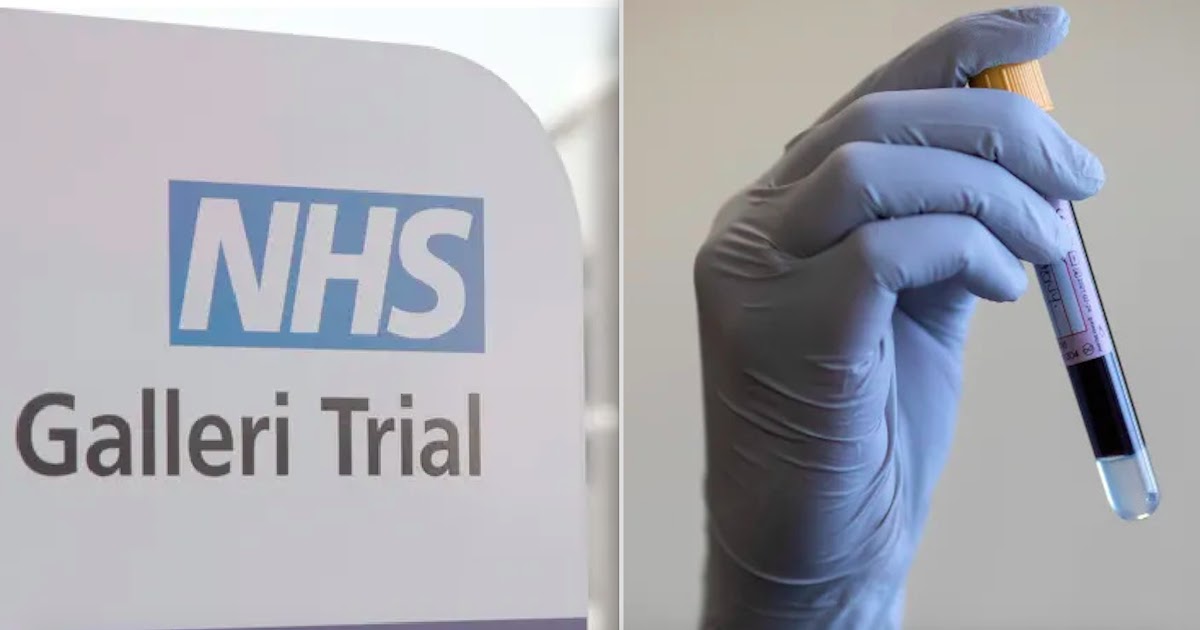
The National Health Service (NHS) in the United Kingdom has revealed that it is undertaking the world's largest trial of the Galleri blood test in order to screen for cancers.
The Galleri test is created by Grail Inc. and looks at the DNA in a patient's blood for indications that there is cancer elsewhere in the body.
The NHS will recruit 140,000 volunteers to take part in a trial that is expected to last many years. It is hoped that the tests and the findings of the study will allow scientists and medical professionals to identify cancer when it is in an early stage. Cancer often has no symptoms at an early stage and survival is much more likely if it can be caught early.
If successful, the trial may then be taken nationwide, meaning that everyone within a certain age bracket can be routinely screened for cancers, thereby drastically cutting the number of people who die of the disease each year. Cancer remains one of the biggest killers in the world despite huge medical advances.
Peter Sasieni, professor of cancer prevention at King's College London said:
"We need to study the Galleri test carefully to find out whether it can significantly reduce the number of cancers diagnosed at a late stage. The test could be a game changer for early cancer detection and we are excited to be leading this important research."
NHS chief executive Amanda Pritchard added:
"This quick and simple blood test could mark the beginning of a revolution in cancer detection and treatment here and around the world. By finding cancer before signs and symptoms even appear, we have the best chance of treating it and we can give people the best possible chance of survival. The NHS has a successful track record of leading the way on innovations in cancer diagnosis and treatment, from CAR-T therapy to COVID-friendly drugs. The Galleri blood test, if successful, could play a major part in achieving our NHS Long Term Plan ambition to catch three quarters of cancers at an early stage, when they are easier to treat. So if you are invited, please take part – you could be helping us to revolutionise cancer care and protect yourself."
[h/t: Reuters]













COMMENTS